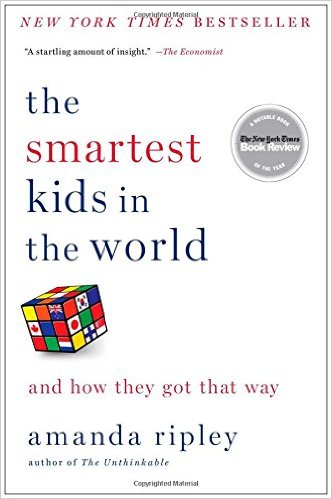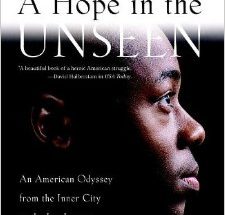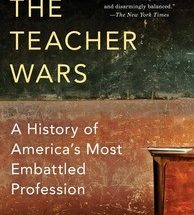
Random Family by Adrian Nicole LeBlanc follows the extended family of drug dealer Boy George in the 1980s South Bronx over a span of 10 years. LeBlanc began her long journey with these families when she read about Boy George’s indictment in the paper. The result of her decade-long, deep immersion in their lives, she manages to paint a picture of intense poverty and drug addiction, illustrating the consequences and obstacles that come with living in a high-poverty high-crime neighborhood.
Though the narrative focuses on their everyday struggles, it also shines a sobering light on government policies meant to help those stuck in poverty during the 1980s, and shows how many families could easily slip through the cracks. The quest for Women Infants and Children vouchers for milk and cheese, and federal and city welfare benefits is arduous, and out of reach for the people who need it most.
If readers come away with one image from LeBlanc’s work, it is that the grip of poverty is difficult to escape. The lives of the people LeBlanc profiles are extremely intertwined with one another. Those connections lead to more troubles and hardships. For the characters in Random Family, though it would seem at times that they are surrounded by organizations offering help and services, they are so overwhelmed dealing with the everyday chaos of their lives they can’t take advantage of them. From emergency babysitting for other people’s children to boyfriends of extended family members stealing and abusing children, the characters issues and problems are extremely complex.
Aside from the incredible depth that Random Family delves into with its characters and their history with one another, LeBlanc has written their stories with very little judgment and bias. The stories told are open-ended and relayed with a great deal of compassion and understanding for their situations. It’s impossible to pass judgment by the end of her book on any of the characters, even those jailed for dealing drugs.
Possibly one of the most compelling characters followed in this book however is CoCo, a young woman who continually tries to do better for herself, but always slips back into poverty and her old habits. CoCo does everything she can to try and break the poverty cycle for her daughters by placing them in a special home for women, but inevitably they all move out in frustration and out of necessity. CoCo wonders why she can’t help her daughters become better than she is, but she also acknowledges that she knows no other way to raise them.
LeBlanc’s book is a compassionate, yet bold and clear-eyed look into a corner of poverty that reveals truths about society that will stand firm no matter the time period.



